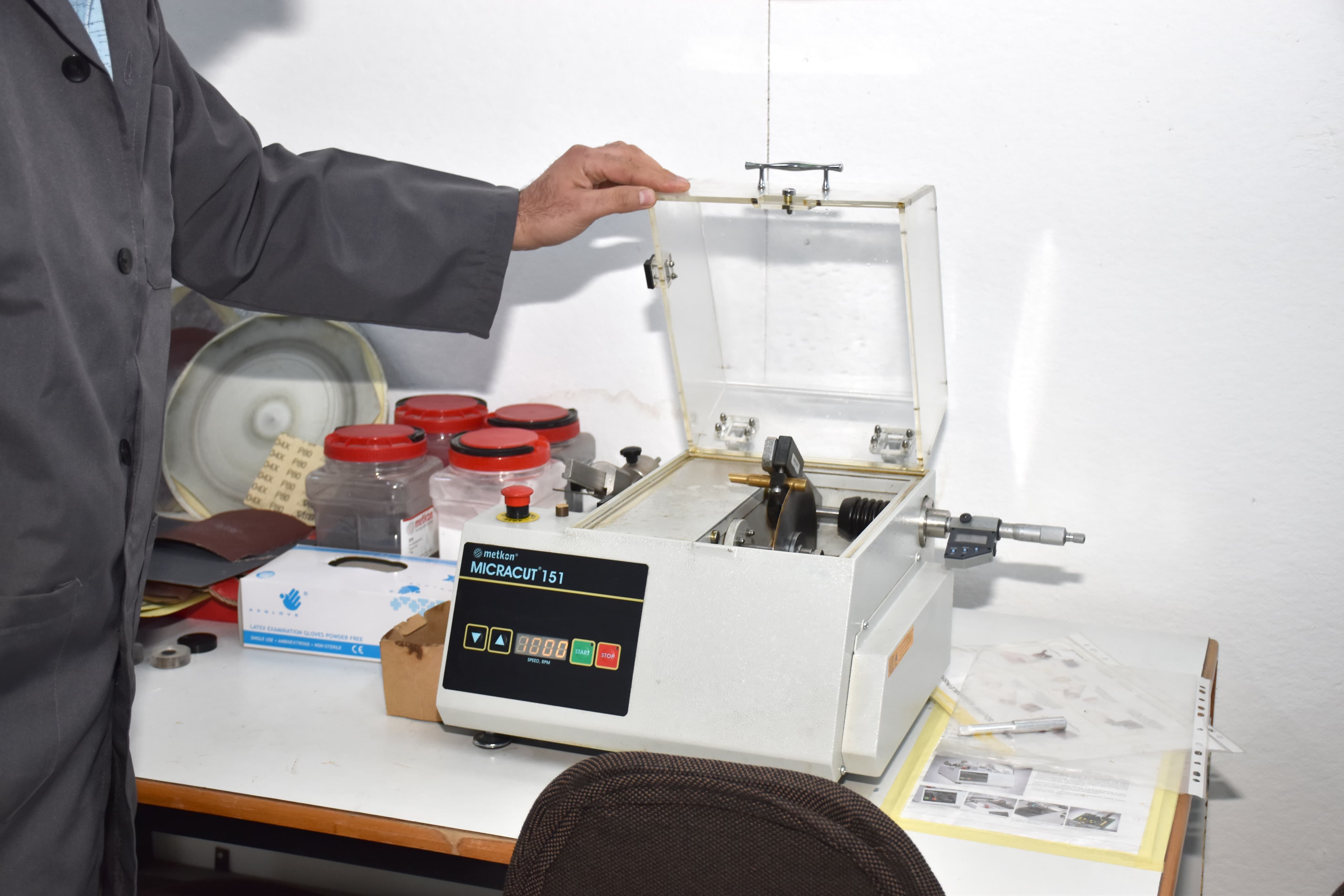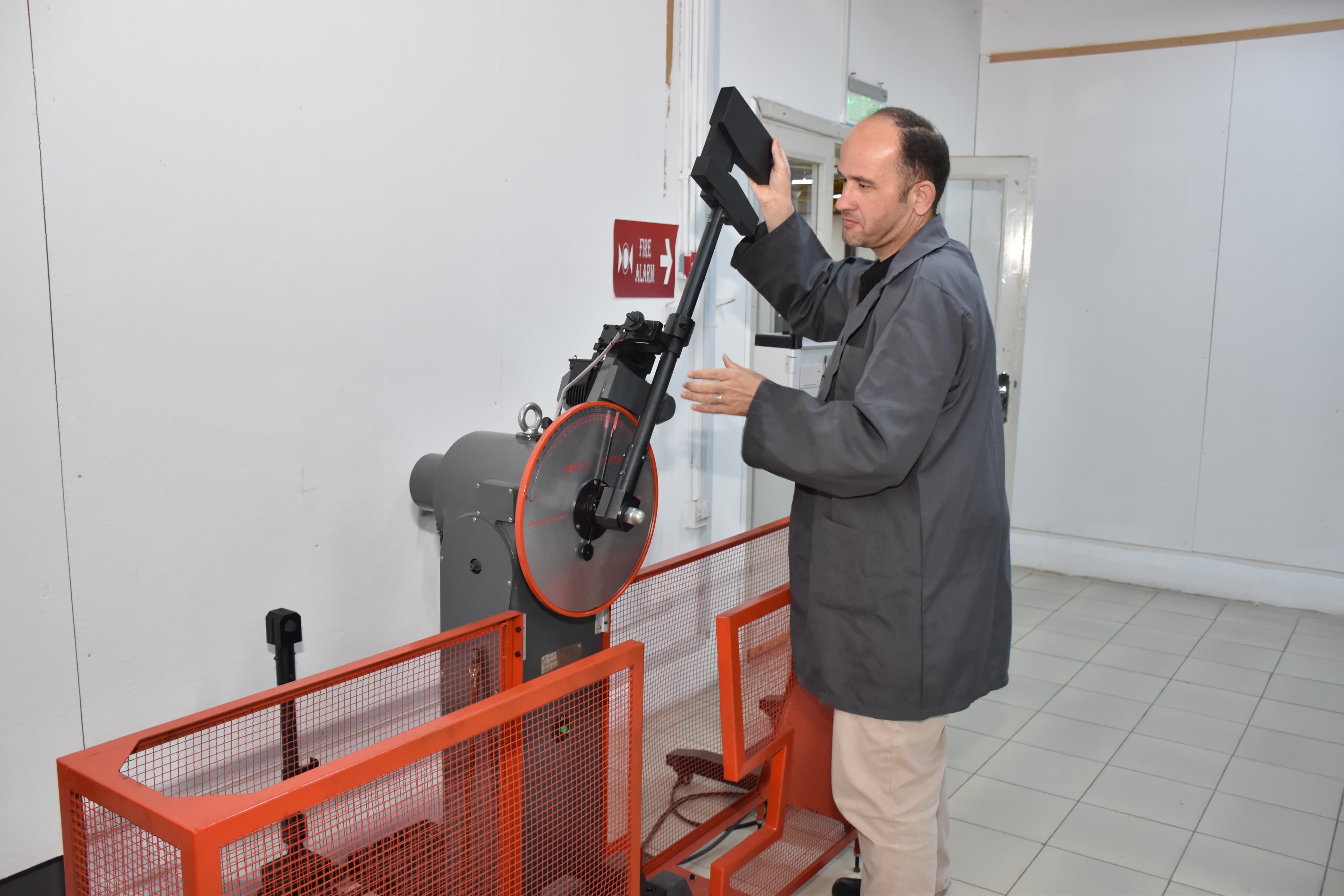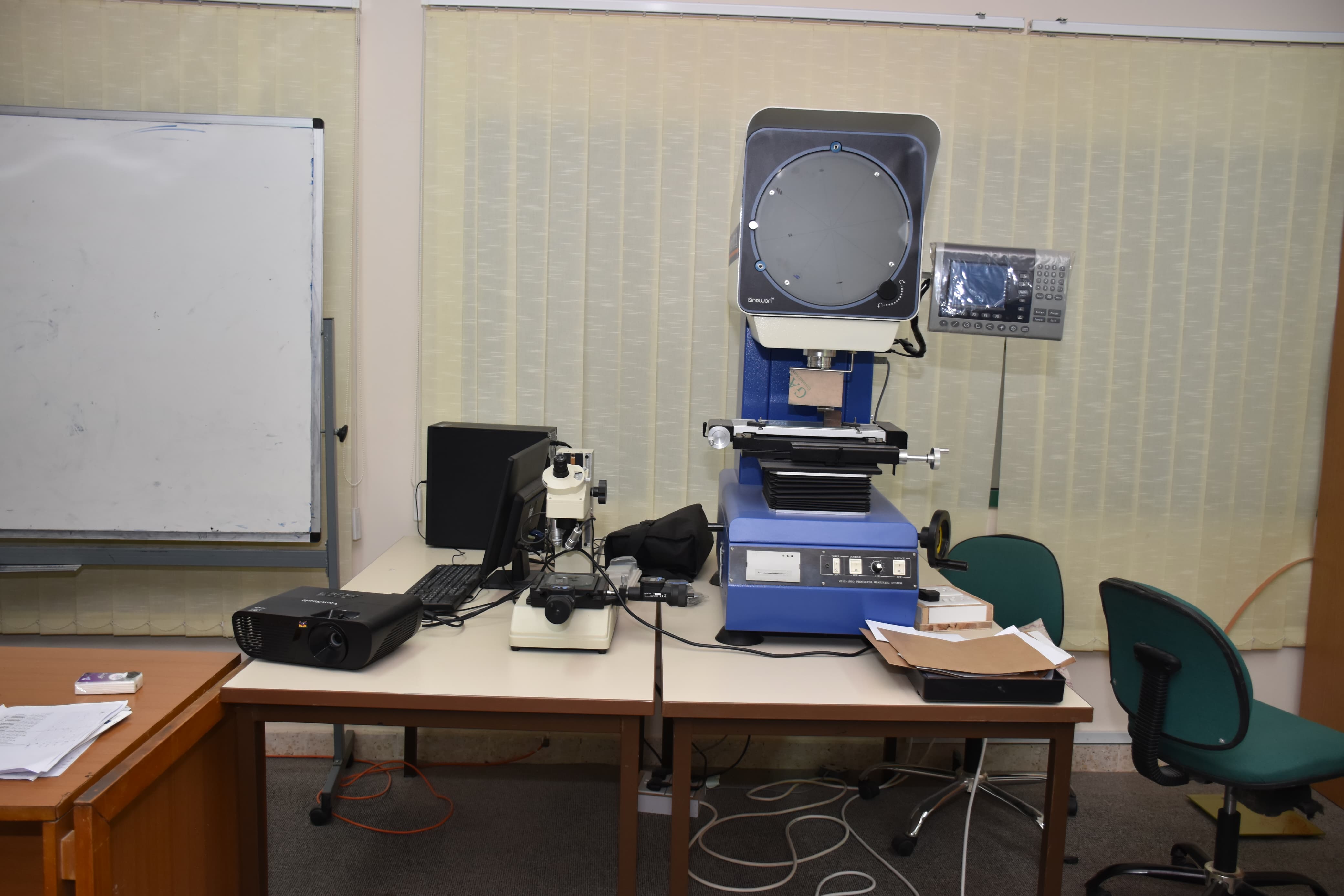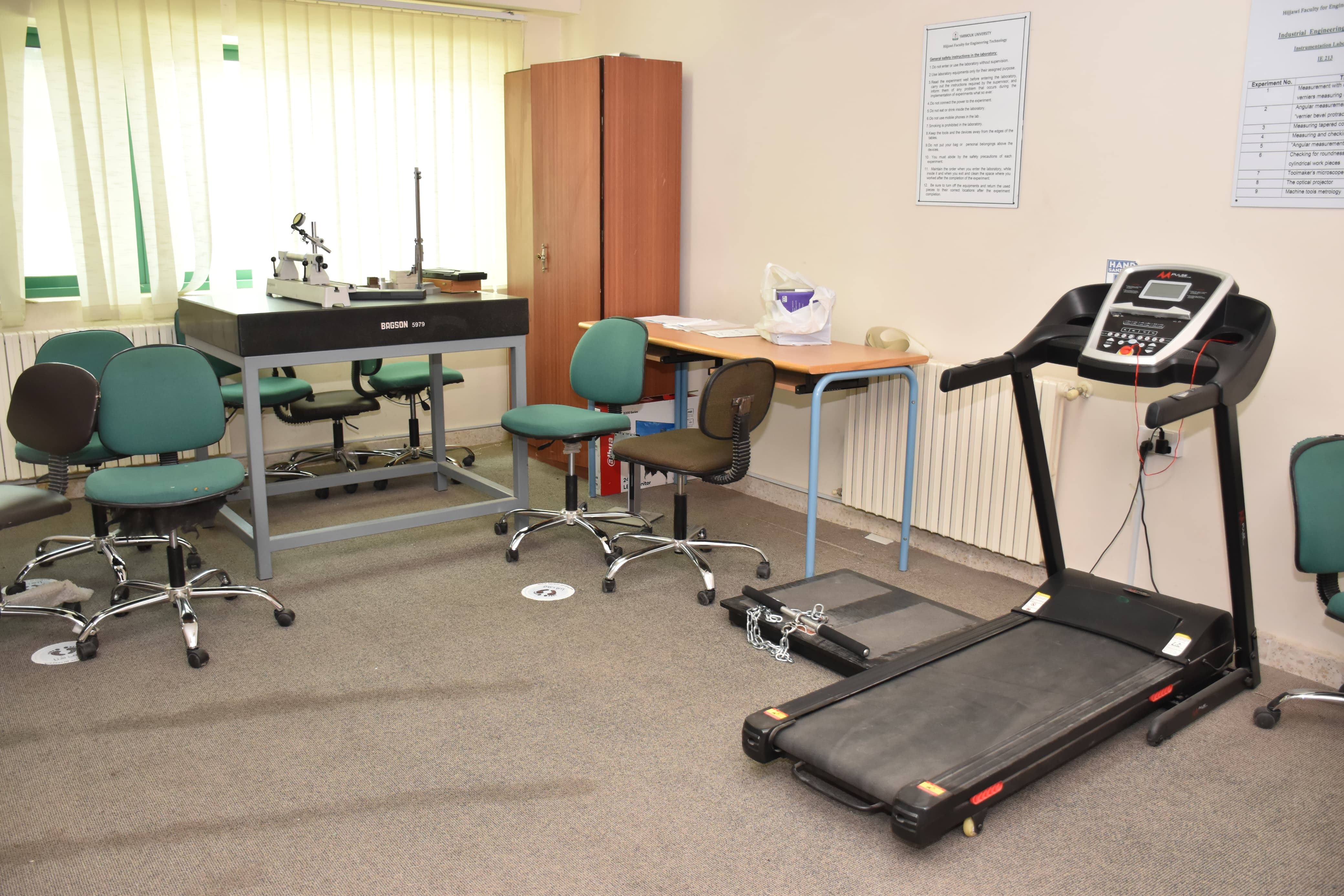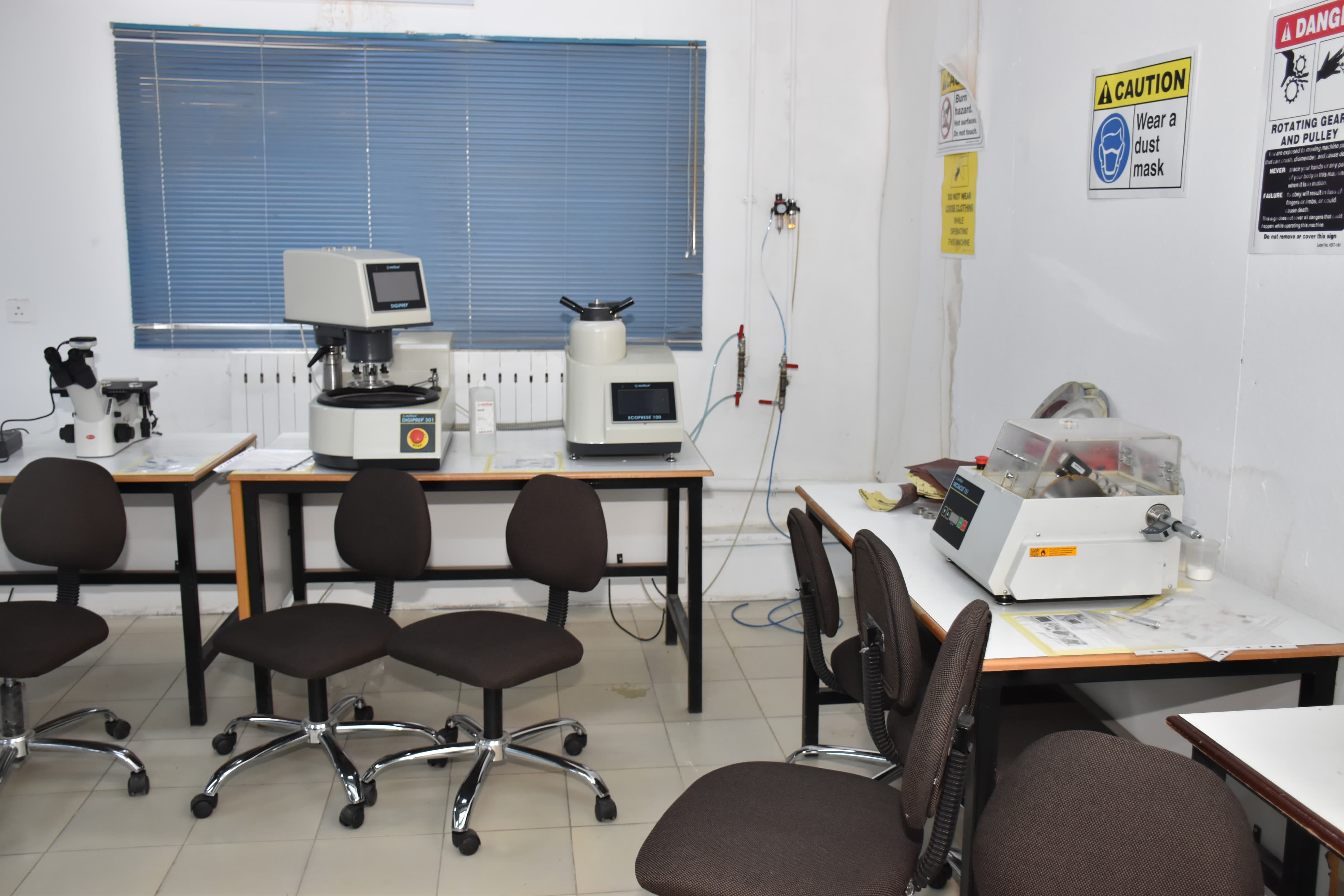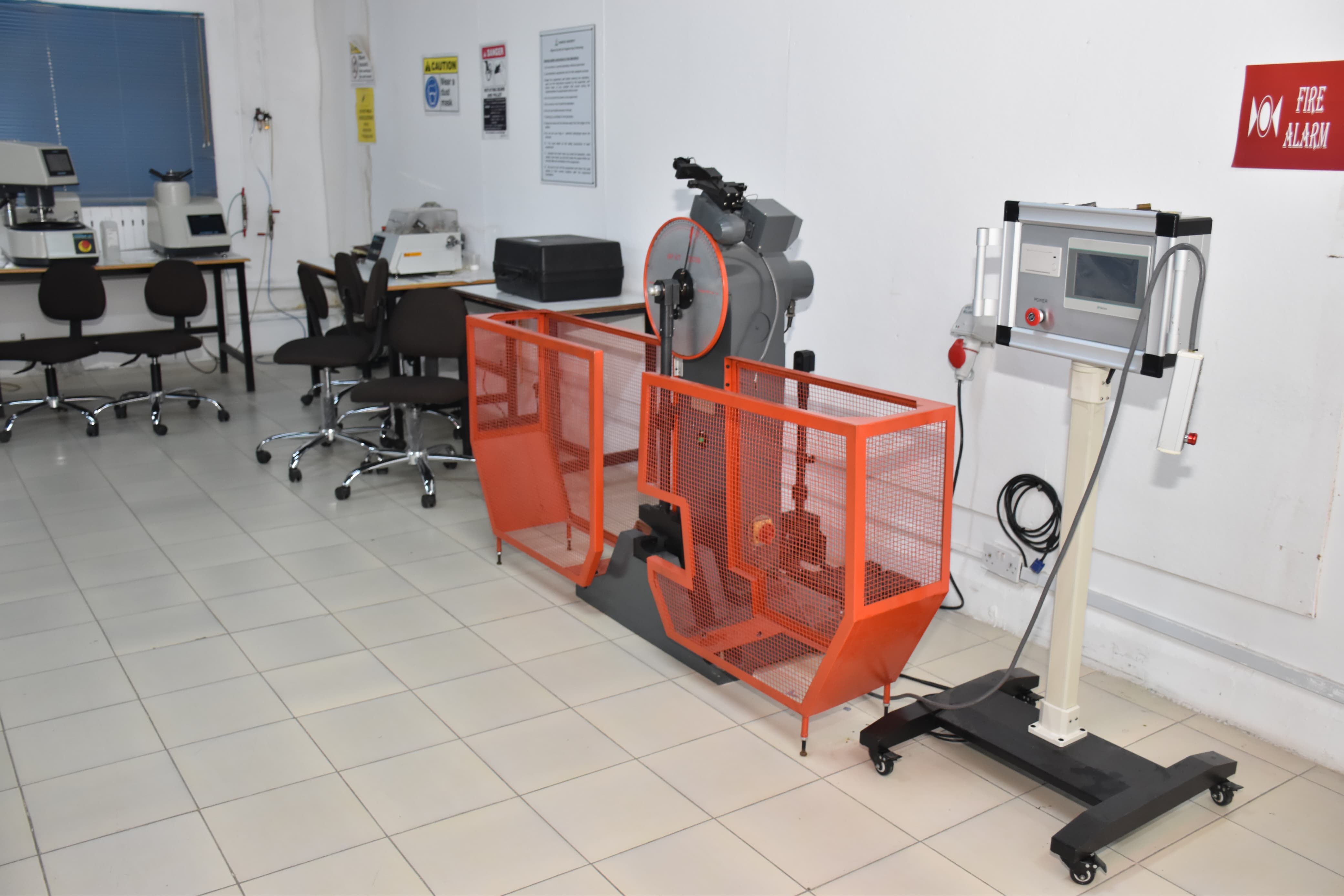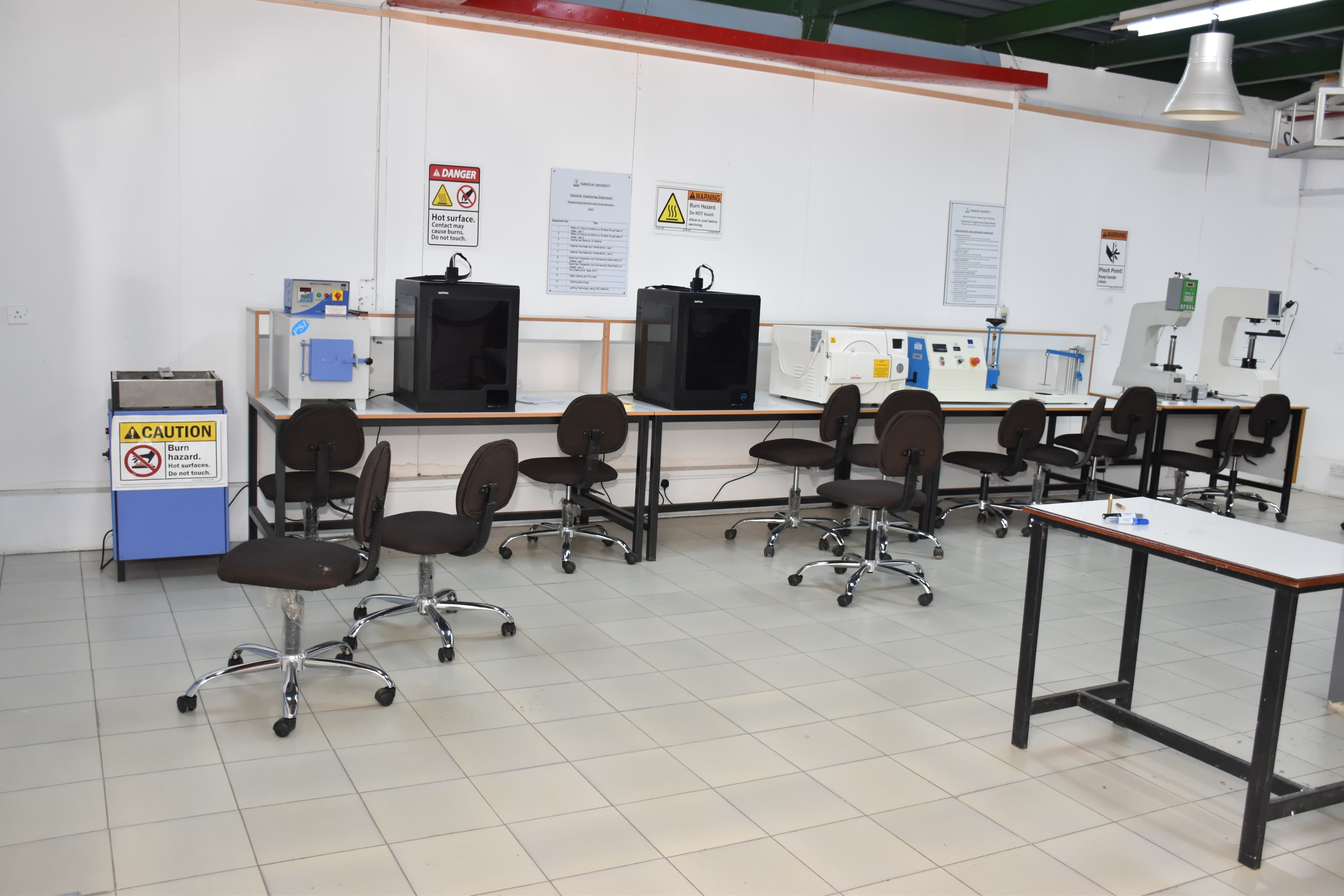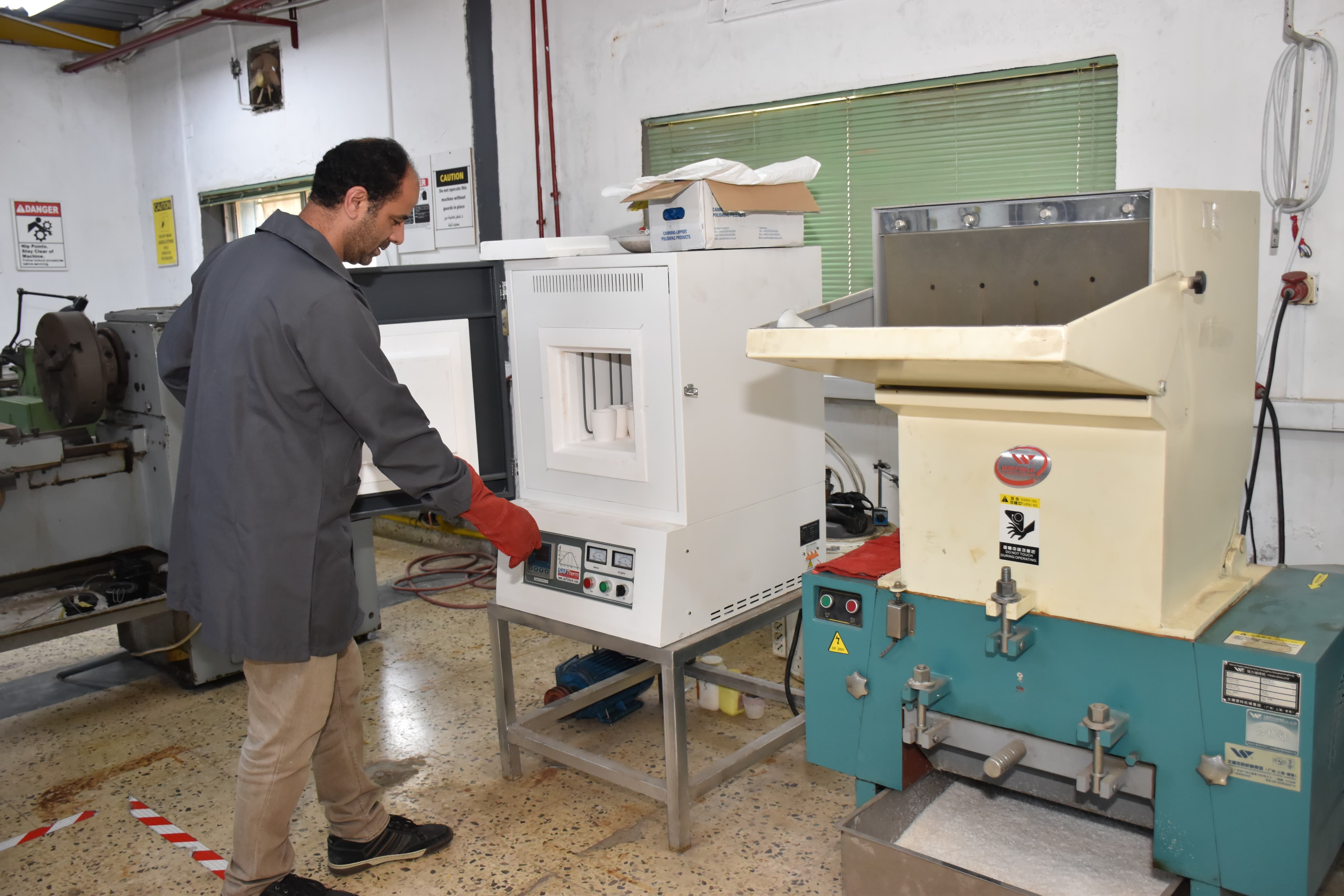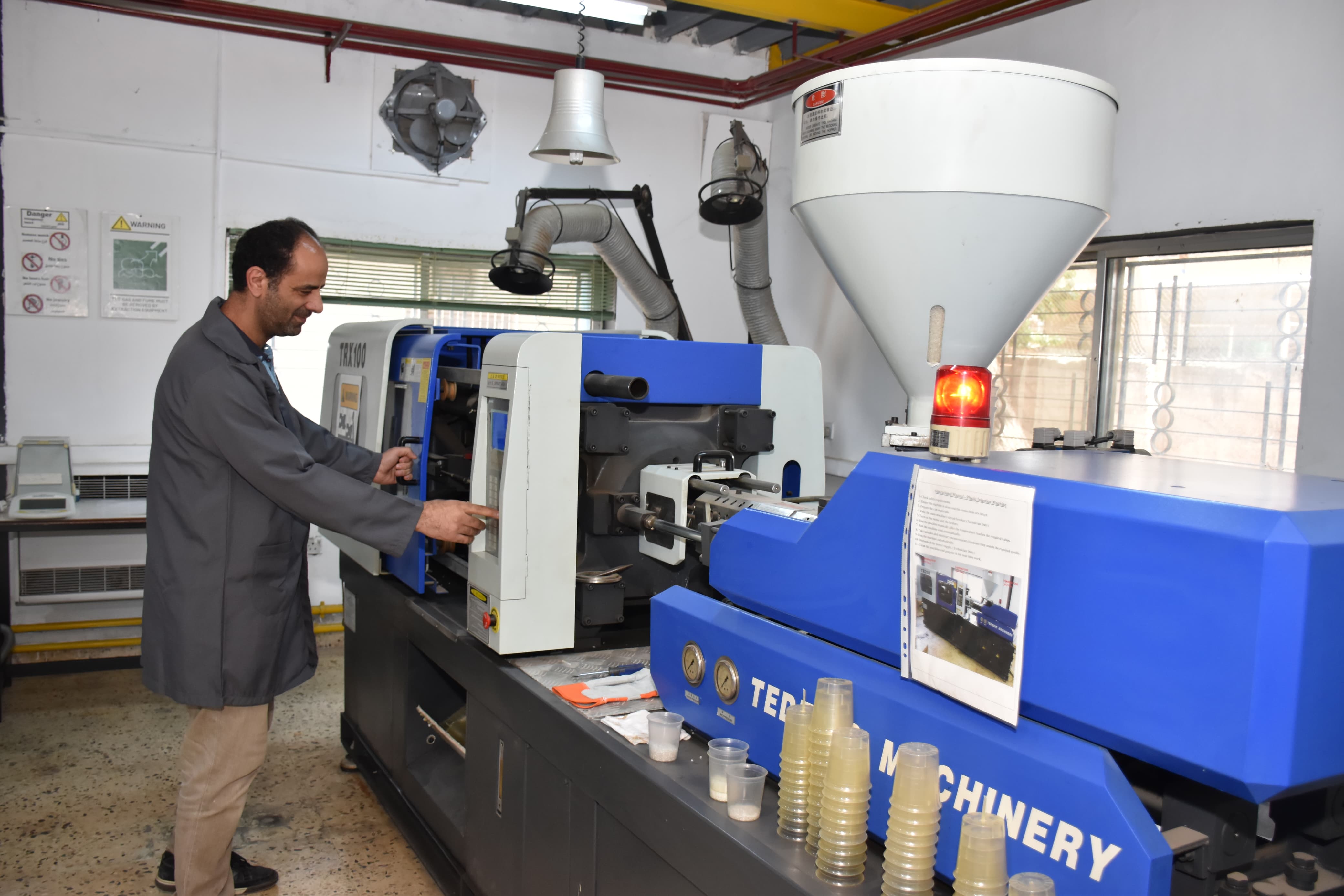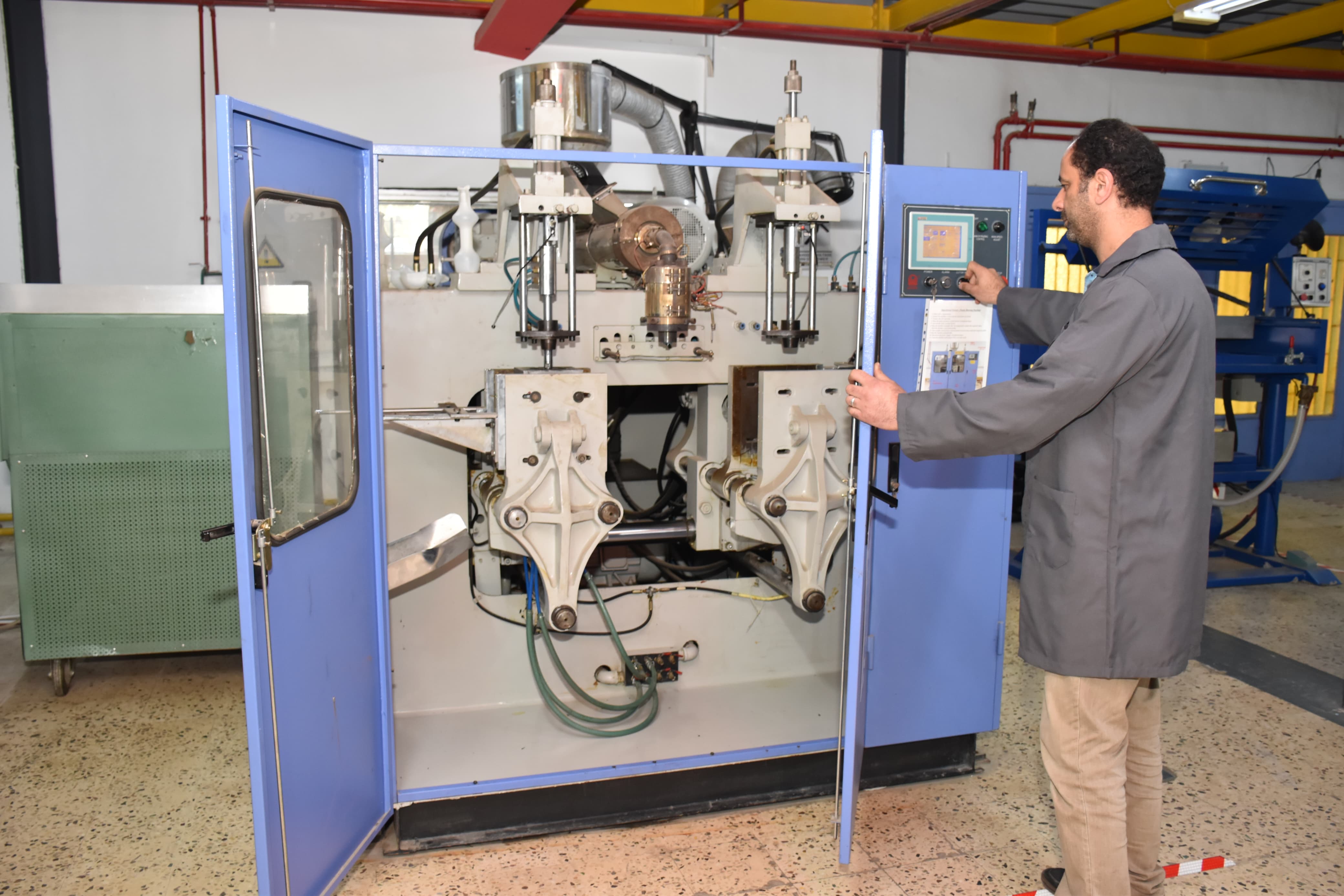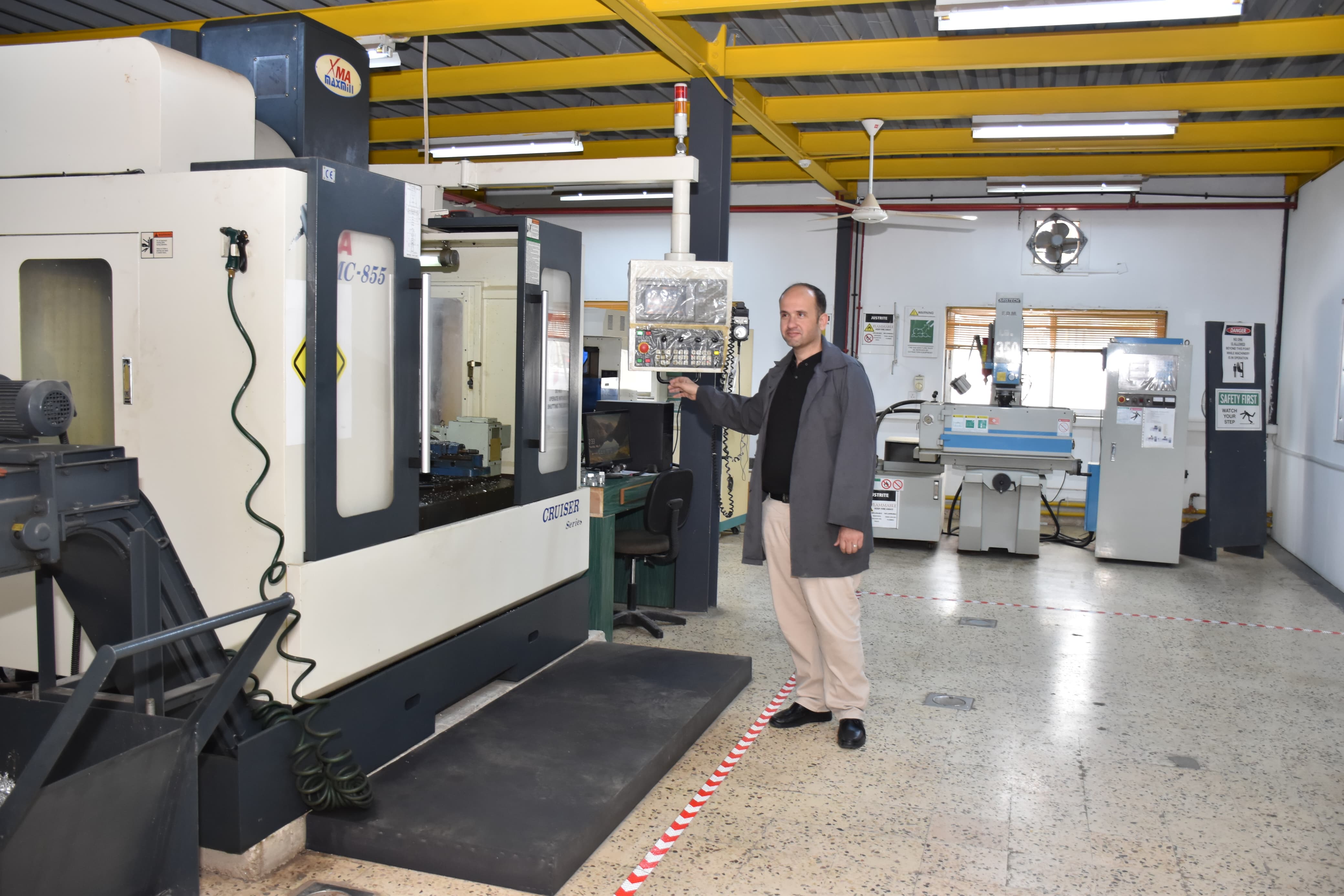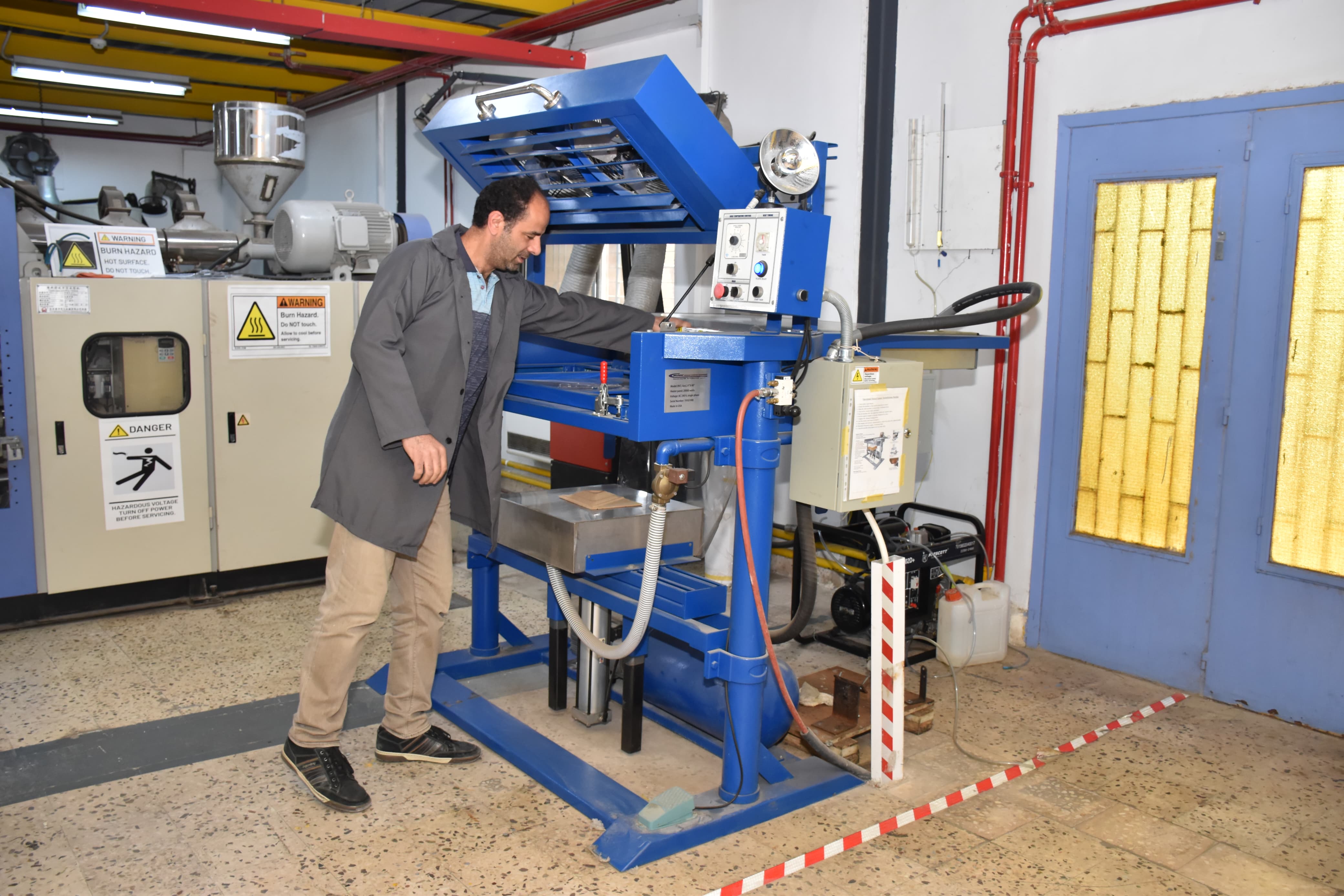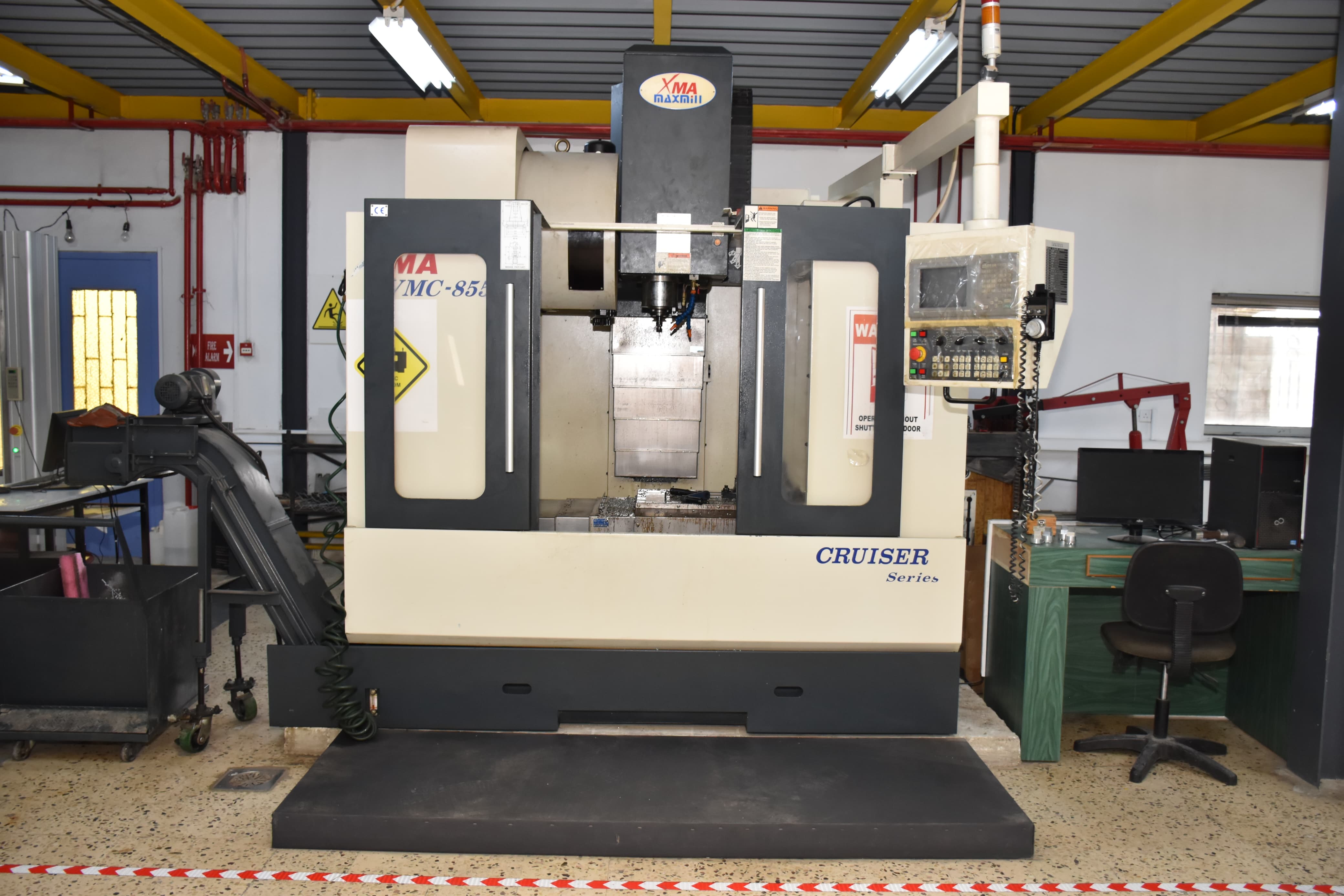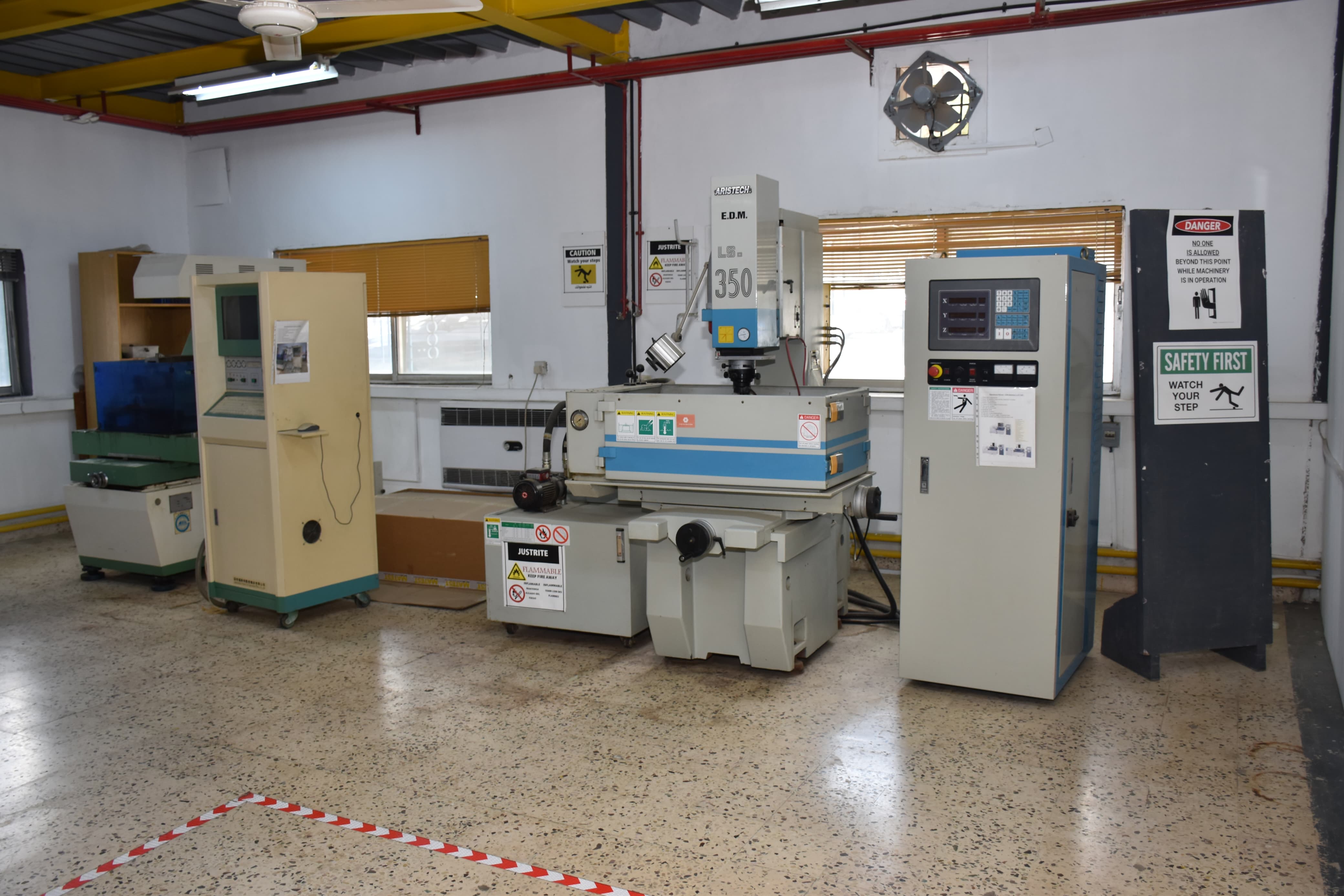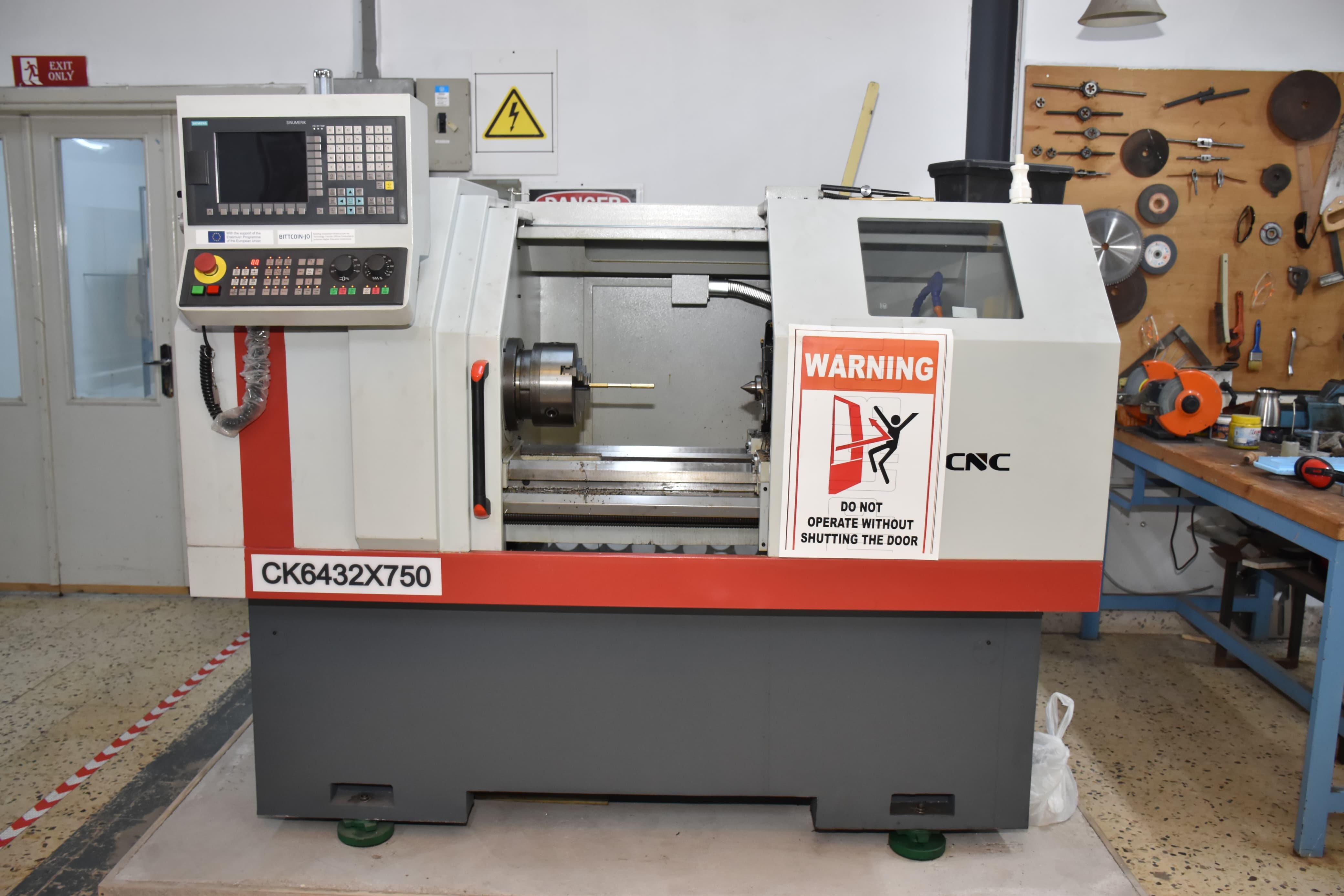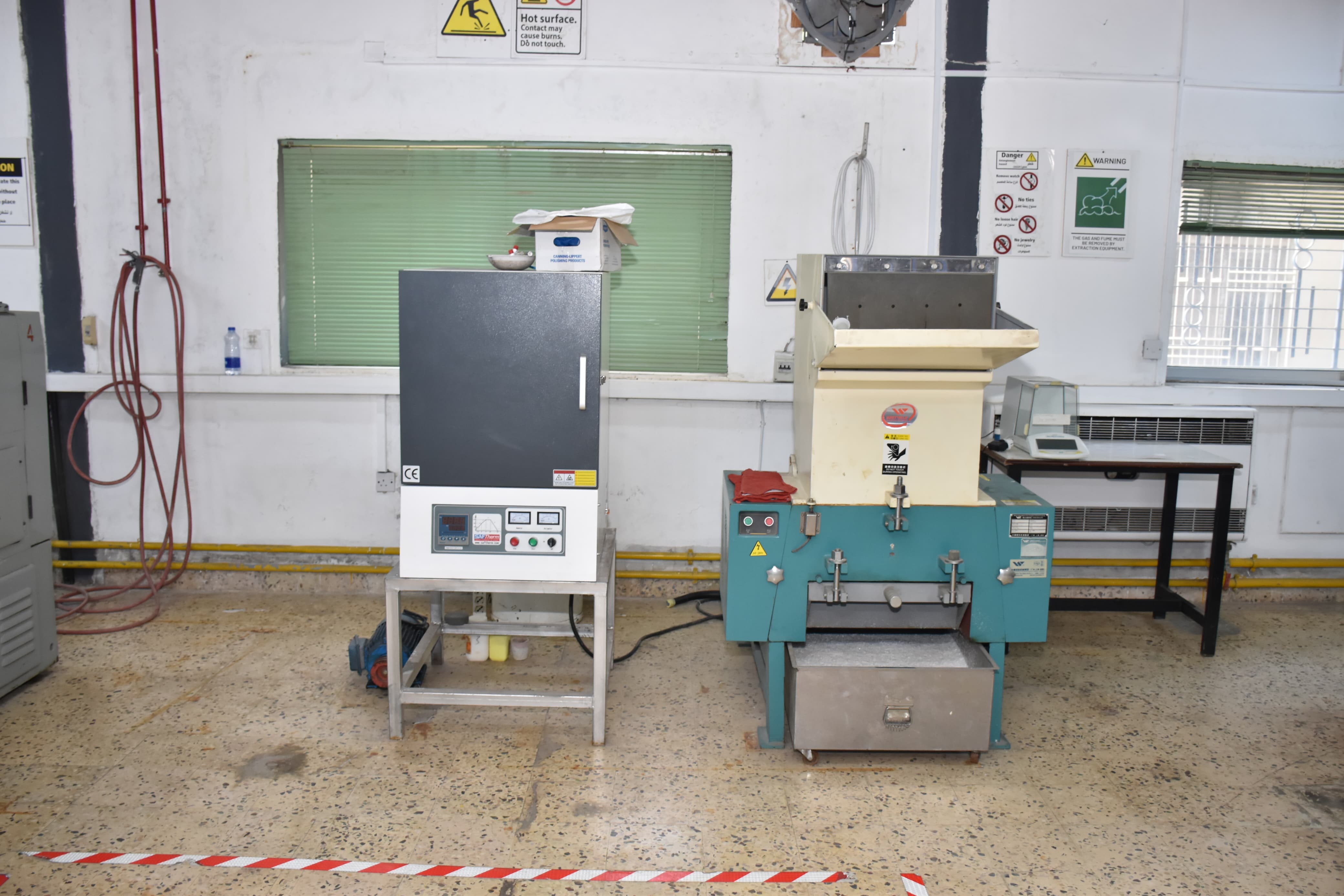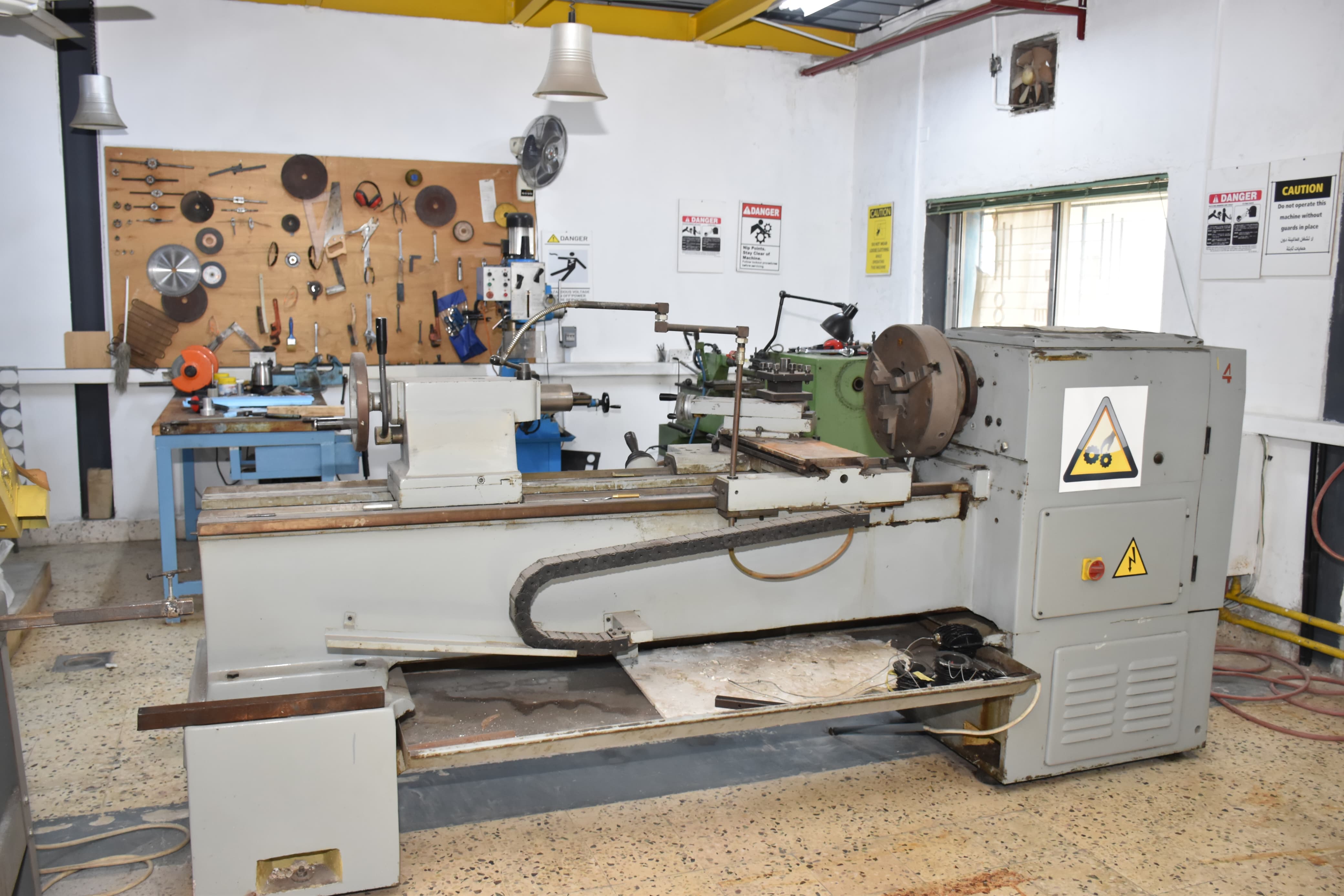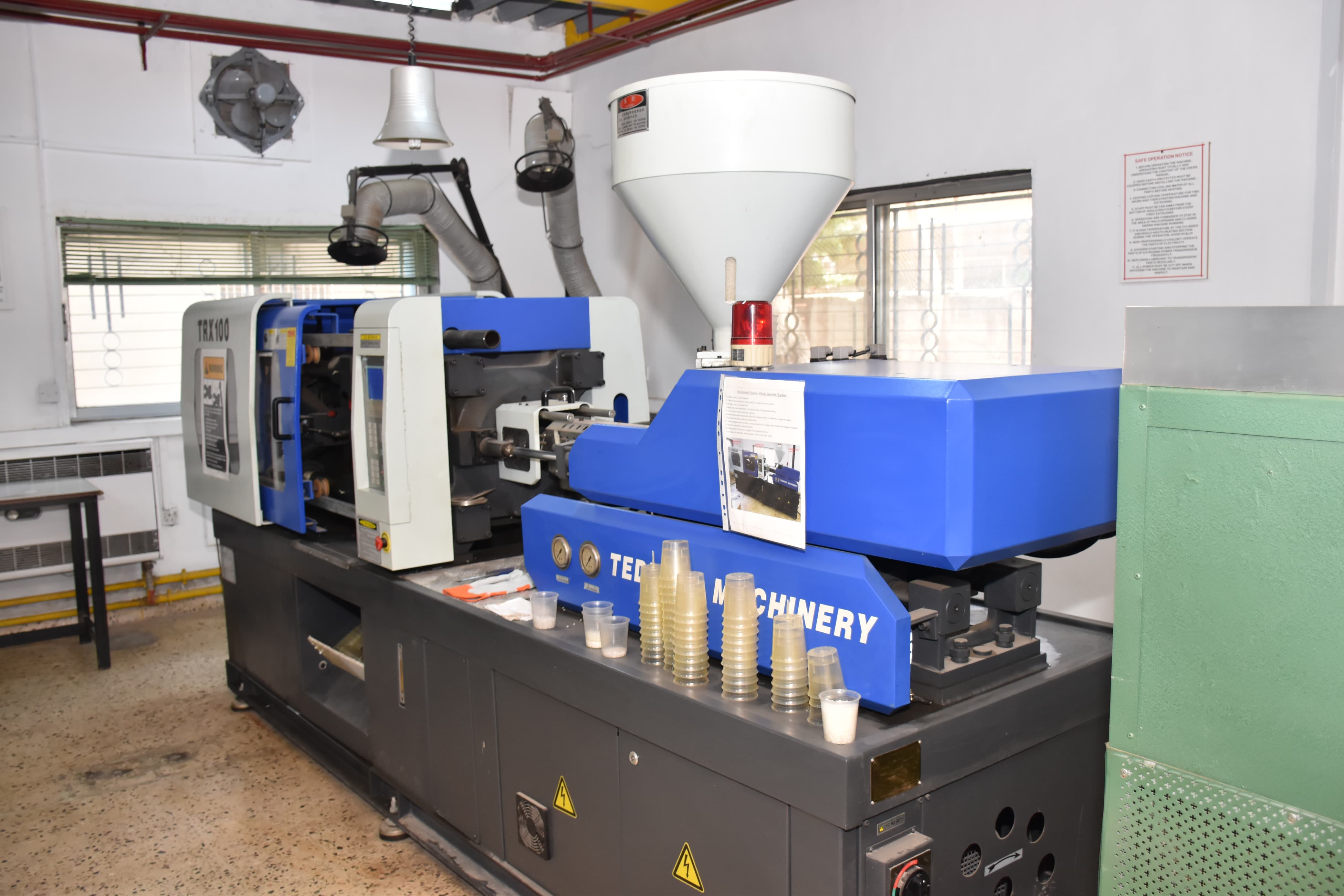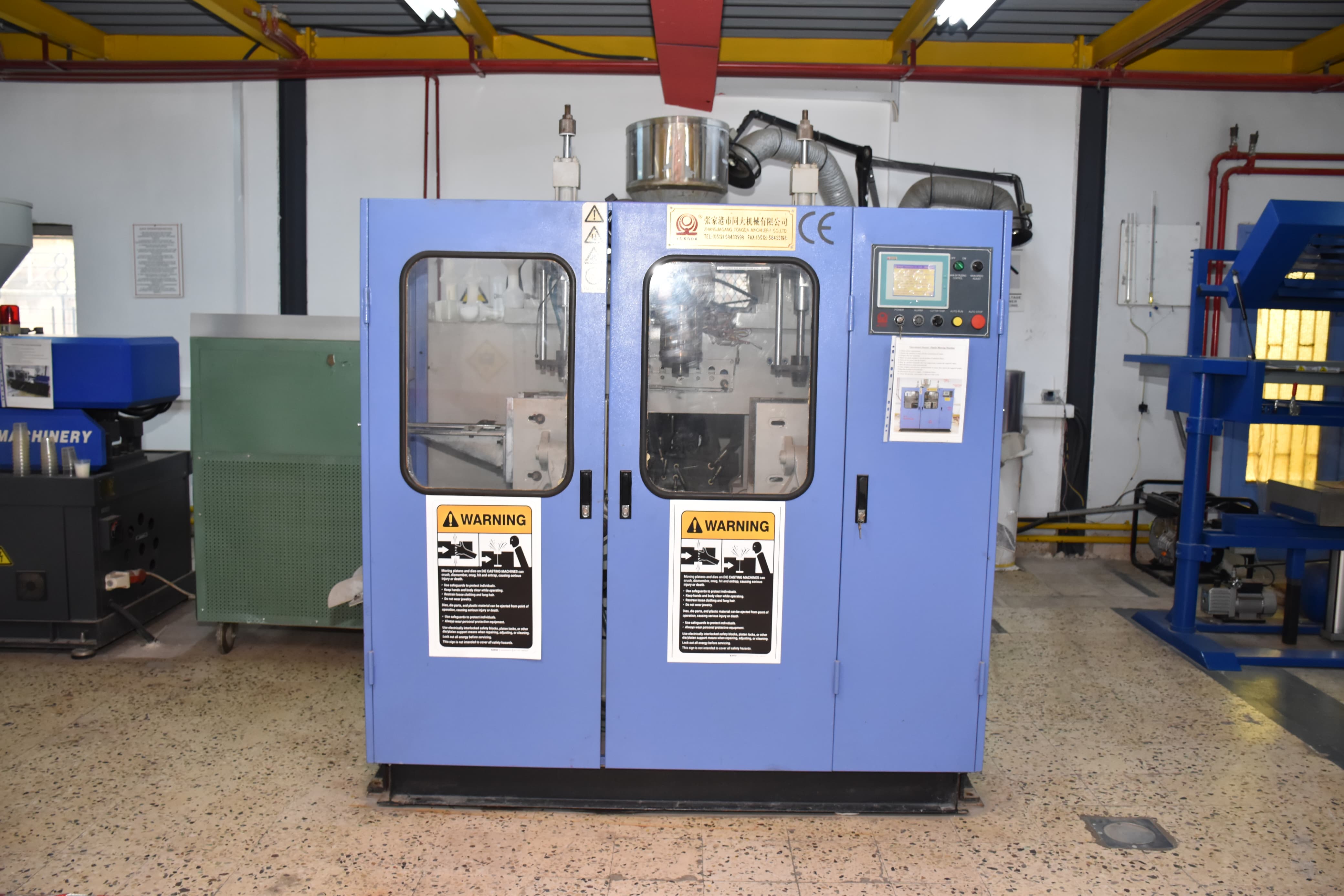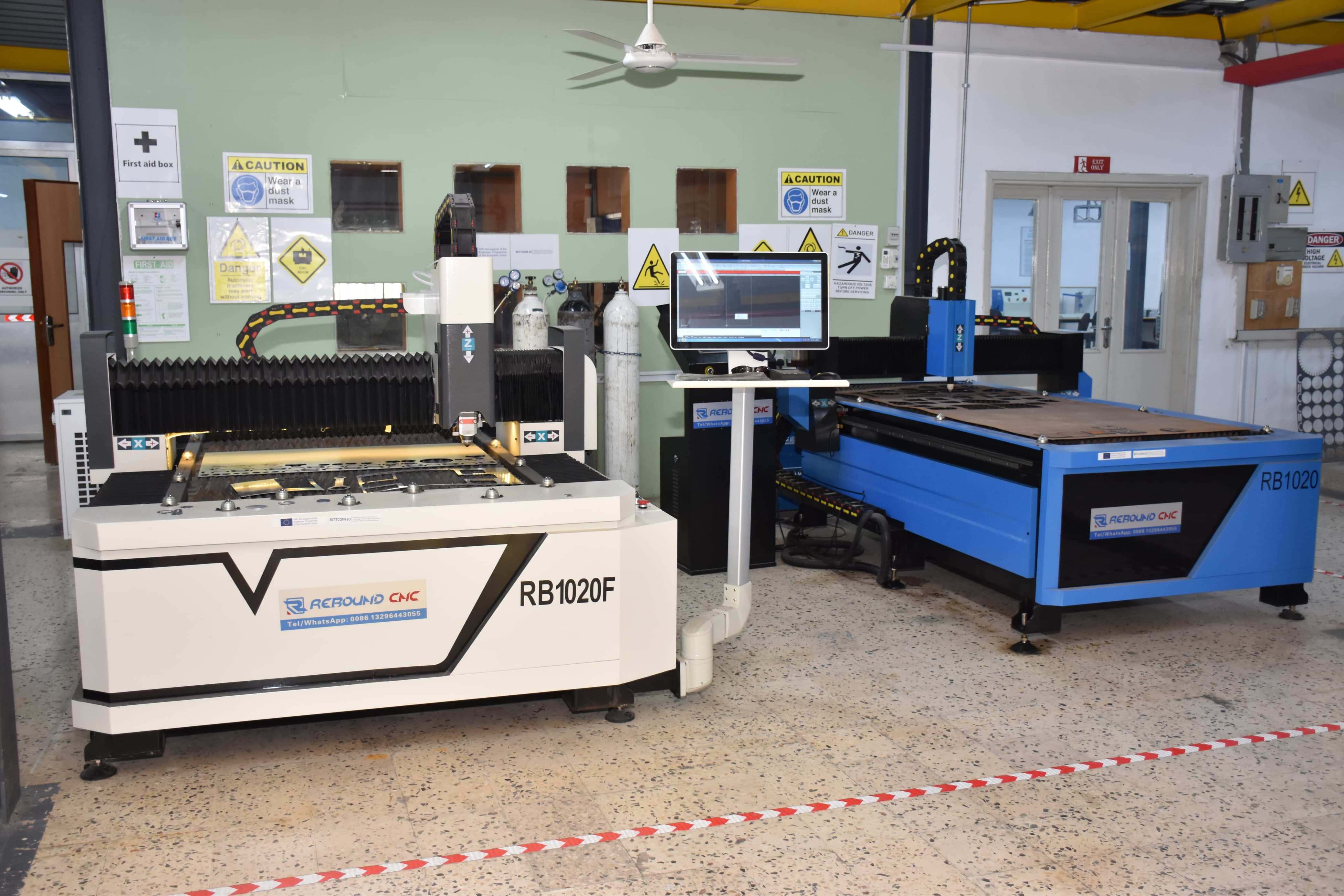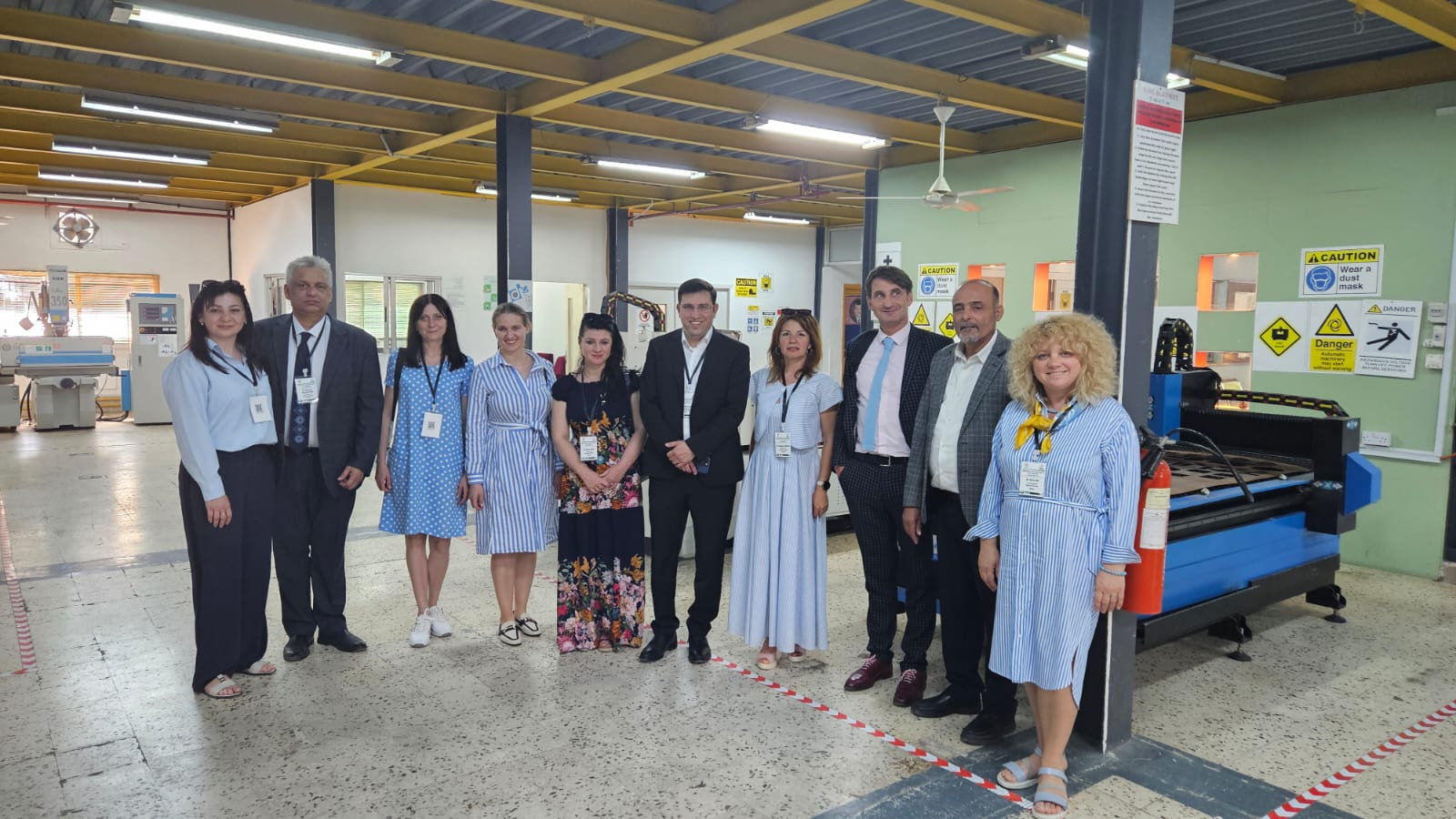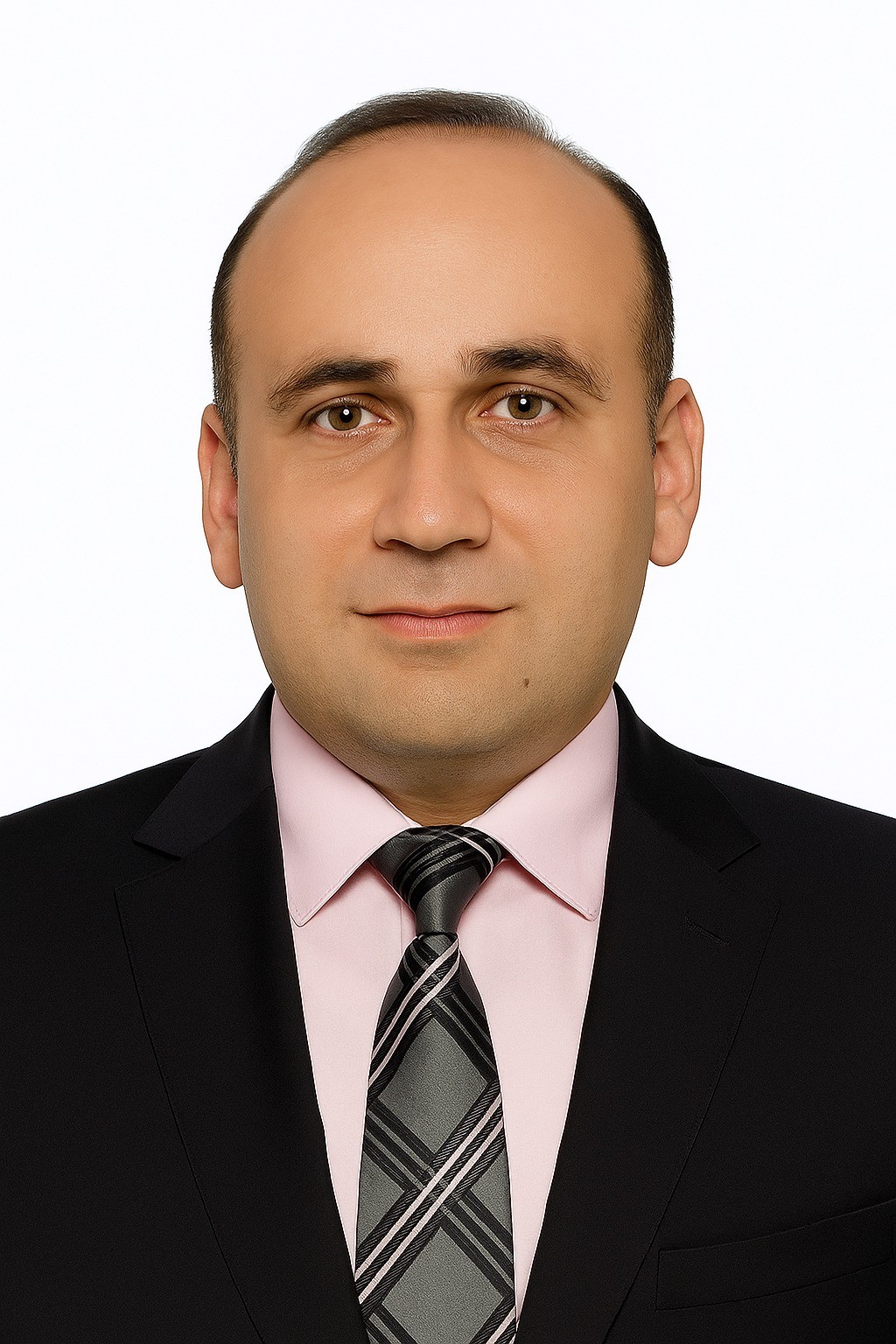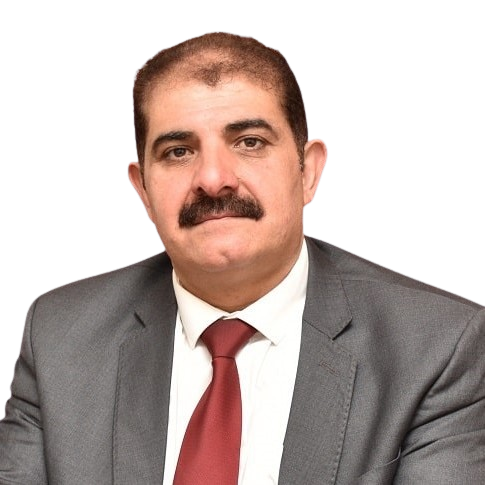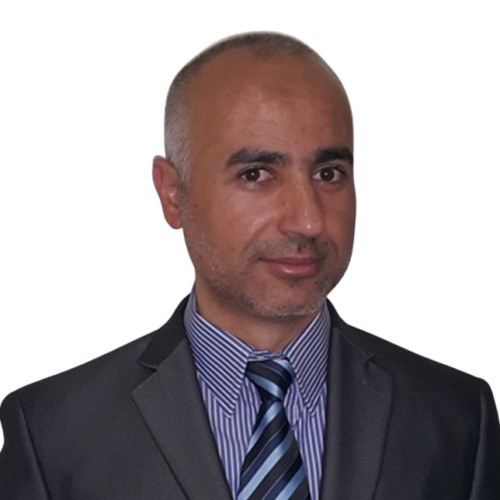Department Chair
Contact Information:
Email: ie.dept@yu.edu.jo
Phone: +962 2 721 1111 ext. 4291
Dr. Ahmad Mumani
Chair, Industrial Engineering Department
Associate Professor, Industrial Engineering
ahmad.mumani@yu.edu.jo
+962 2 721 1111 ext. 4291
About the Department
Established in 2013, the Department of Industrial Engineering at the Hijjawi Faculty for Engineering Technology, Yarmouk University, is dedicated to producing highly competent engineers equipped to meet the demands of modern industry. The department offers a Bachelor in Industrial Engineering and a Master in Engineering Management, both designed to integrate engineering principles with management practices and decision-making tools.
Led by a team of experienced and research-active faculty members, the department promotes a dynamic academic environment where teaching is continuously enriched by ongoing research and industry engagement. Faculty expertise spans a wide range of areas including operations research, quality engineering, production systems, supply chain management, and human factors engineering.
To support practical and applied learning, the department features well-equipped laboratories operated by skilled engineers and technicians. These facilities enable students to gain hands-on experience and apply theoretical knowledge to solve real-world problems in industrial settings.
Through its programs, research, and industry collaboration, the Department of Industrial Engineering plays a vital role in advancing the field and preparing graduates for leadership roles in manufacturing, logistics, service systems, and beyond.
Degree Programs
The Department of Industrial Engineering offers a Bachelor’s degree in Industrial Engineering, designed to equip students with a strong foundation in systems optimization, production planning, quality control, supply chain management, and human factors. The program integrates theoretical knowledge with practical applications to prepare graduates for careers in manufacturing, logistics, services, and operations management.
In addition, the department offers a Master’s degree in Engineering Management for professionals and graduates seeking to enhance their technical leadership, decision-making, and project management skills. This interdisciplinary program bridges engineering and business, fostering innovation, strategic thinking, and advanced problem-solving capabilities for roles in both industry and public sectors.
Explore the degree programs offered by the Department of Industrial Engineering at the Hijjawi Faculty for Engineering Technology, and discover how we are developing the next generation of engineering leaders for an increasingly complex and dynamic world.

Engineering

Management
Faculty Members
The Department of Industrial Engineering is proud to be led by a team of highly qualified faculty members who combine academic excellence with industry-relevant expertise. With advanced degrees from prestigious institutions and a strong commitment to teaching and research, our faculty contribute to a dynamic learning environment that bridges theory and practice.
Their research spans diverse and impactful fields, including supply chain management, quality control and reliability, renewable energy, microelectronics, data analysis and processing, structural health monitoring, modeling and optimization, automotive technologies, and design of experiments. Their work is regularly published in leading international journals and presented at global conferences, reflecting the department’s active role in advancing the discipline.
Beyond research, faculty members are deeply engaged in mentoring students and enhancing their educational journey through lab instruction, project supervision, and career guidance. This dedication helps prepare graduates to thrive in complex industrial systems and contribute meaningfully to innovation and development across sectors.
Laboratories and Engineers
The Department of Industrial Engineering houses a comprehensive suite of well-equipped laboratories that play a vital role in enhancing students’ practical skills and supporting applied research. These labs offer students hands-on experience across core areas such as instrumentation, materials, manufacturing, and human factors.
In the Instrumentation and Measurement Lab, students are trained to use precision tools like Vernier calipers and micrometers, gaining practical insight into quality control and international standards such as ISO. The Materials Engineering Lab provides exposure to standard mechanical tests—tension, hardness, fatigue, and impact—as well as heat treatment processes used to modify material properties. The Human Factors Engineering Lab focuses on studying the interaction between humans and systems to enhance usability, safety, and overall system performance.
The Manufacturing Lab introduces students to advanced technologies including CNC laser and plasma cutting machines, as well as 3D printers. It supports both academic learning and entrepreneurial projects, with a focus on innovation and rapid prototyping. Engineering Workshops complement this training by giving students essential hands-on skills in machining, metal fabrication, and system assembly.
All laboratories are supervised by experienced engineers and technicians who ensure that students work in a safe, efficient, and technically advanced environment. These labs are integral to the department’s commitment to producing industry-ready graduates capable of bridging theory and practice in real-world settings. They also provide a foundation for capstone design projects and industry collaborations that foster creativity and problem-solving.
